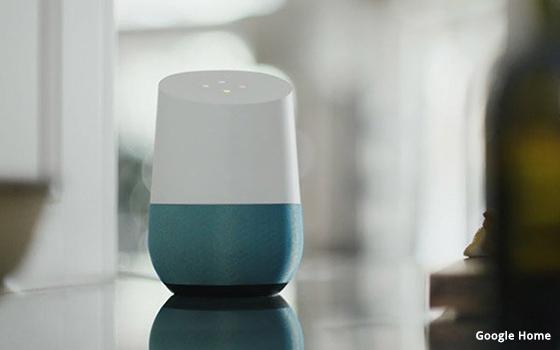
A federal judge has refused to dismiss a class-action
complaint alleging Google's voice-activated Assistant violates users' privacy.
In a written decision issued Wednesday, U.S. District Court Judge Beth Labson Freeman in San Jose ruled that
Google must face a claim that it violated a federal privacy by disclosing users' conversations to outside contractors.
The battle dates to last summer, when a group of consumers alleged that
Google recorded their conversations without consent, and disclosed snippets to third parties.
The lawsuit came shortly after Dutch radio broadcaster VRT reported that Google Home smart
speakers and Google Assistant transmitted consumers' conversations to the company, even when people hadn't first given the “Hey, Google” or “OK, Google” commands. (Those
“hotwords” signal an intention to interact with the devices.)
advertisement
advertisement
VRT also reported that Google sometimes sends portions of users' conversations to
outside contractors who analyze language patterns. VRT said it had listened to more than 1,000 excerpts of conversations -- including 153 where participants hadn't said a hotword.
An outside
contractor shared the voice snippets with VRT, in apparent violation of Google's policies.
Google urged Freeman to dismiss the complaint in its entirety before trial for several
reasons.
Among others, the company said its privacy policy disclosed the possibility of data sharing. The company pointed to two provisions in its privacy policy -- one that said it might
share data with outside contractors "for external processing," and another that said the company might use information “to make improvements to our services.”
But Freeman said
those provisions were in two different sections of the privacy policy, making it difficult for consumers to figure out how Google might use voice recordings.
“A reasonable user cannot be
expected to connect the two sections and anticipate that defendants may use 'external processing' for any purpose for which defendants collect data,” she wrote. “Put another way, although
users may have consented to Google’s collection of their data to 'to improve the functionality of the Assistant,' ... that consent does not reasonably extend to disclosure of data.”
Freeman dismissed several other claims in the complaint, but without prejudice -- meaning that the users can attempt to reformulate them.
She gave the plaintiffs until June 5 to revise
their other claims.